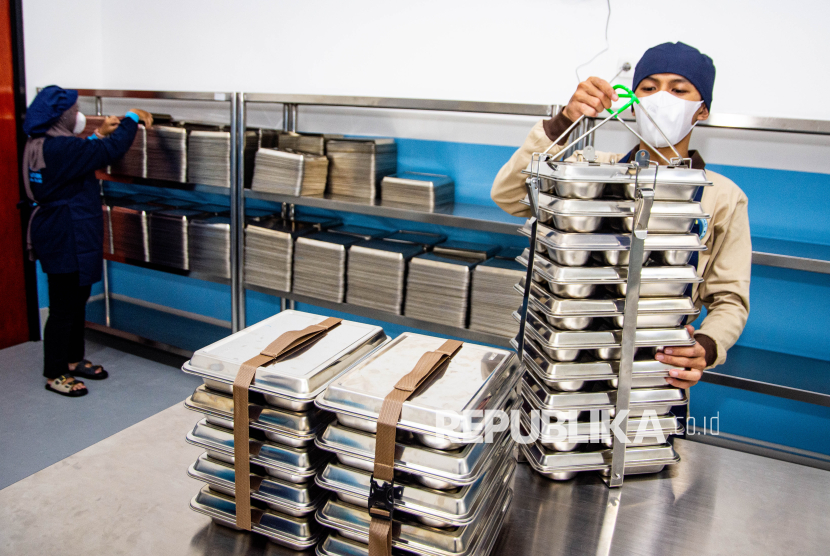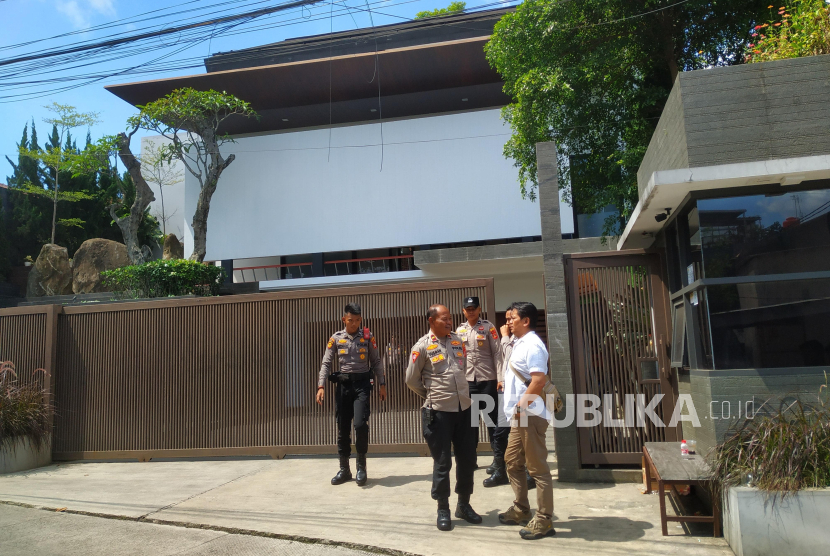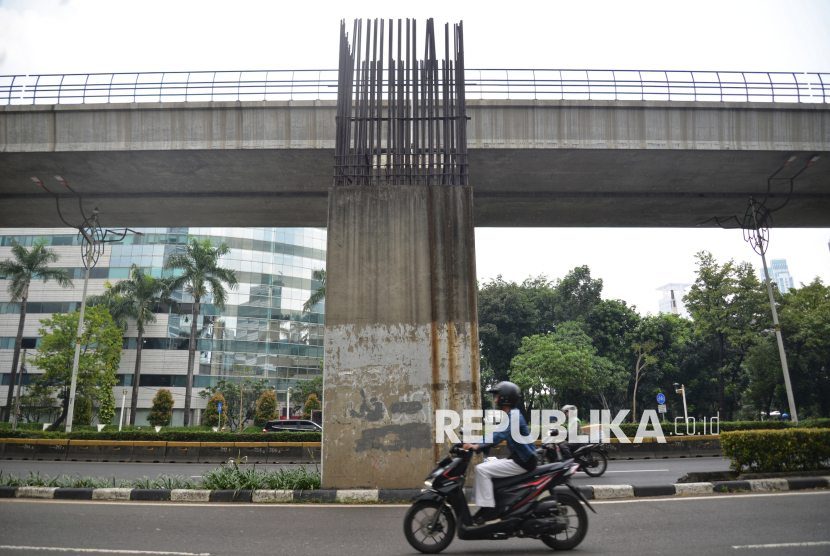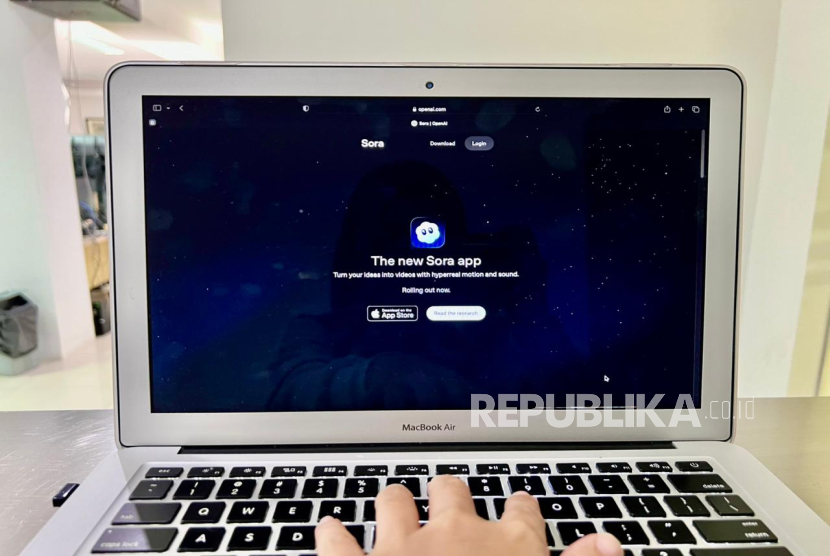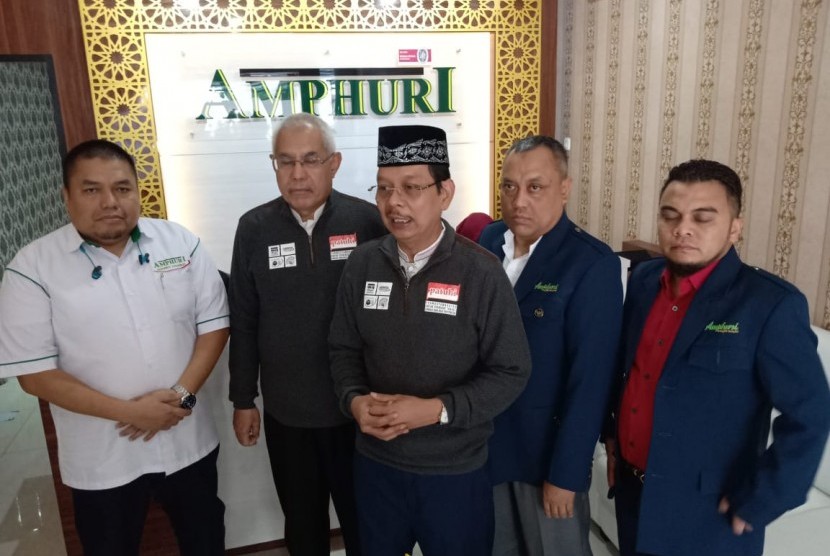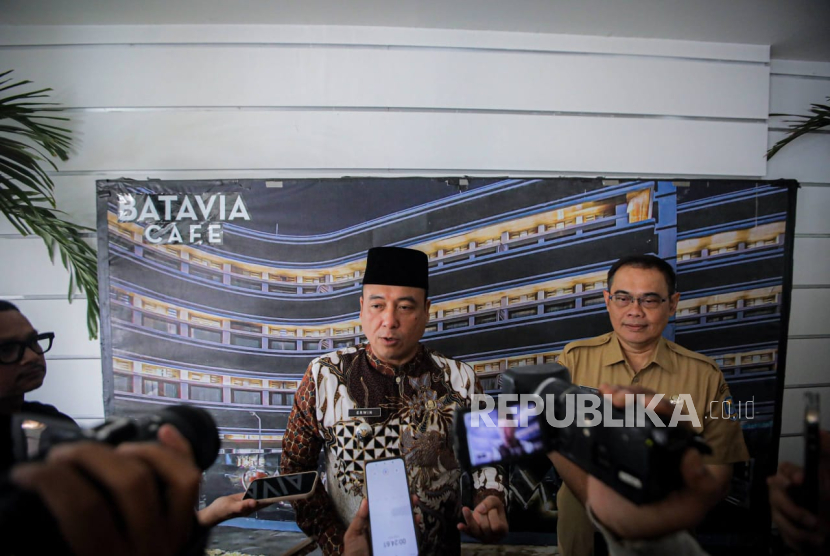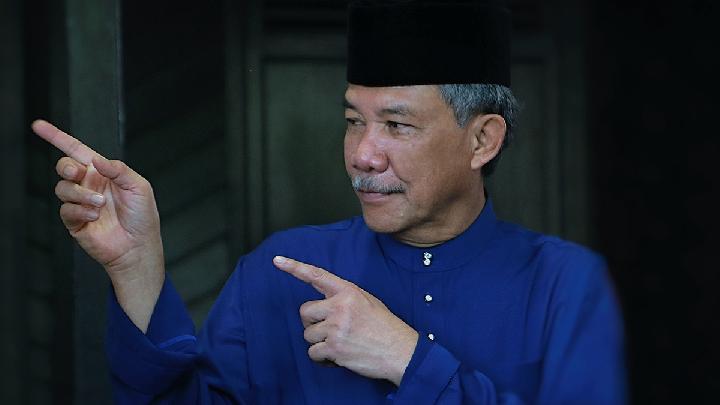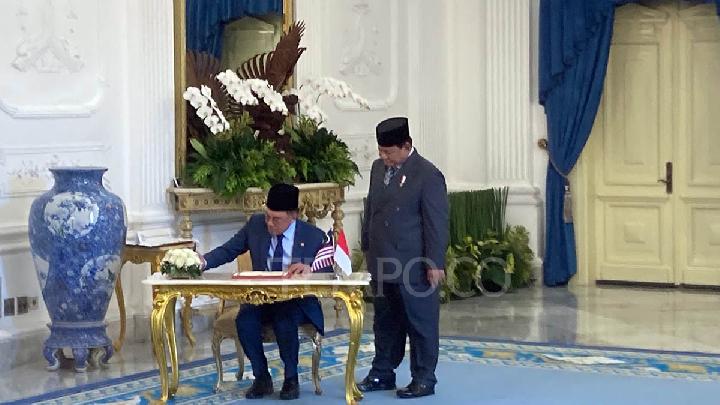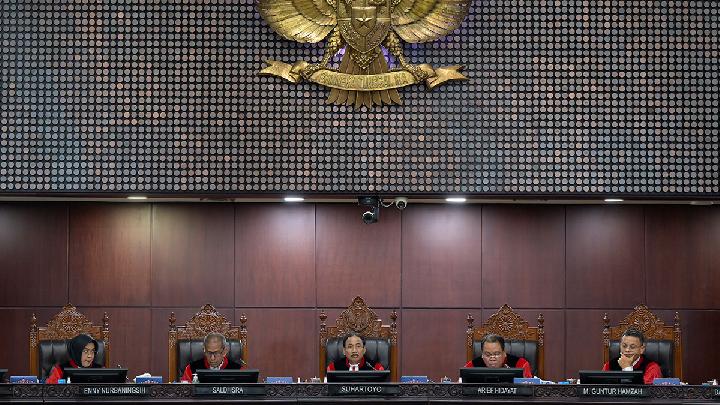October 14, 2025 | 01:59 pm

TEMPO.CO, Jakarta - People with power dominate the selection committee and prospective members of the Judicial Commission. This is to protect their own interests.
ALMOST all the bodies established after the 1998 Reformasi are still in existence. But almost all of them have lost their essence. Bodies established with the aim of correcting the bad practices of the past have lost their teeth in carrying out their functions. The Judicial Commission, a body established in 2004 to, among other duties, oversee the conduct of judges, is no exception.
As with many state institutions that arose out of the reform demands, the government has co-opted the Judicial Commission in the matter of technical and administrative processes in order to put pressure on its members. The selection committee established by the government is dominated by people close to those in power, in both the executive and legislative branches. Even the nominees produced by the committee are individuals within the power circles.
The recruitment process did meet the formal requirements, but it was designed to ensure that the government could co-opt it. The commission is tasked with forwarding the names of prospective Supreme Court judges to the House of Representatives (DPR).
But the selection of close associates as candidates ensures that the appointment of Supreme Court justices will also go smoothly in line with the interests of those in power. The same is true for other responsibilities of the Judicial Commission, namely preserving the honor, dignity and conduct of judges through external oversight.
Relations between the Judicial Commission and the House have long been tense. In August 2024, House Commission III, which deals with legal matters, rejected nine prospective Supreme Court justices and three prospective ad hoc human rights justices put forward by the Judicial Commission, claiming that two of the judges in the special tax administrative chamber did not meet the requirement of 20 years’ experience as tax judges. However, technically, the taxation court was established less than 20 years ago.
A year later, in August 2025, the DPR legal commission also rejected 16 prospective Supreme Court justices put forward by the Judicial Commission. The DPR asked for a halt of the process since the selection of members of the Judicial Commission was taking place at the same time. However, the selection of judges and Judicial Commission members can take place in parallel.
Because of these contrived excuses, this practice is no longer simply the usual legislative dynamic. It is apparent that there are endeavors by the political oligarchy to hijack this institution formed as a result of the reform process. A body that should be preserving the dignity of judges and ensuring the independence of justice has been co-opted.
The Judicial Commission could follow in the footsteps of other institutions that have been co-opted, starting from the Corruption Eradication Commission during the administration of President Joko Widodo. Through revisions to the Corruption Eradication Law, the institution was paralyzed and lost its independence, which was its very soul, through its repositioning within the scope of the executive.
This co-opting reached a peak with the Constitutional Court, which changed the rules for presidential elections, providing an opportunity for Jokowi’s son, Gibran Rakabuming Raka, to run for the vice-presidency. Thanks to a ruling by the institution led by his uncle, Anwar Usman, Gibran became running mate to Prabowo Subianto, and is now vice-president.
These brazen endeavors to take control of institutions have continued. Politicians have used the House of Representatives to control the monetary authority and its oversight bodies. As a result, almost all of the products of the Reformasi era, although still in existence, now stand on fragile pillars.
DPR Backs Minister's Proposal for School-Run Free Meals
5 jam lalu
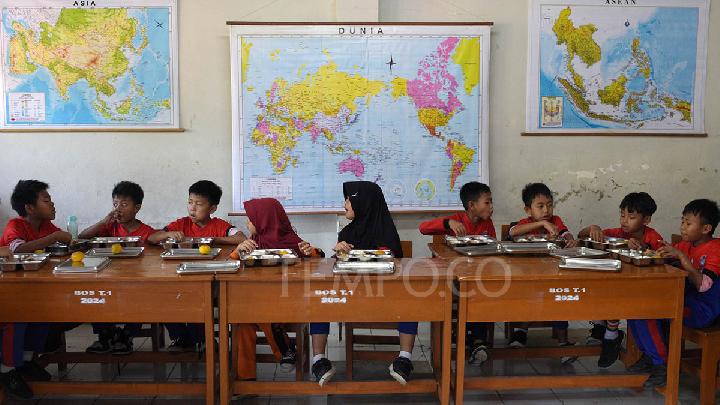
Indonesia's House of Representatives (DPR) supports Minister Abdul Mu'ti's idea of managing free nutritious meal program (MBG) through school kitchens
Indonesian Parliament Push to Amend Book System Law Over Low Author Fees
2 hari lalu

Commission XIII Chair of the Indonesian House of Representatives (DPR), Willy Aditya, highlighted the low honorarium for book authors.
Indonesian Gov't, House Urge Constitutional Court to Reject TNI Law Judicial Review
3 hari lalu
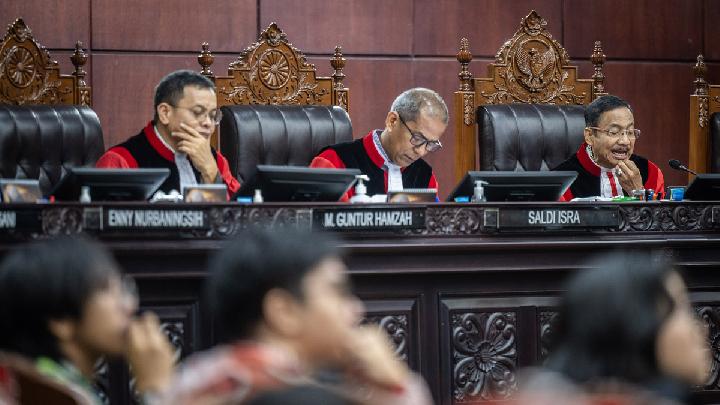
Indonesian parliament and the government have jointly urged the Constitutional Court to reject judicial review petitions challenging TNI Law.
Pelni Set to Acquire Three New Vessels After DPR Approval
4 hari lalu

Three new ships purchased by Pelni will replace three old ships, one of which is still operating in East Nusa Tenggara.
Dasco Refutes Report of Rp756 Million Recess Fund for DPR Members
5 hari lalu
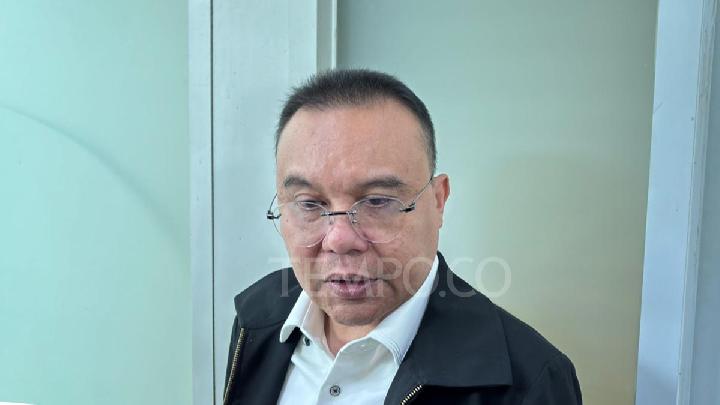
DPR Deputy Speaker Sufmi Dasco Ahmad has denied the news about an increase in the recess fund for members of the parliament.
Why BEM UI Held a Protest Themed 'People's Hearing'
8 hari lalu
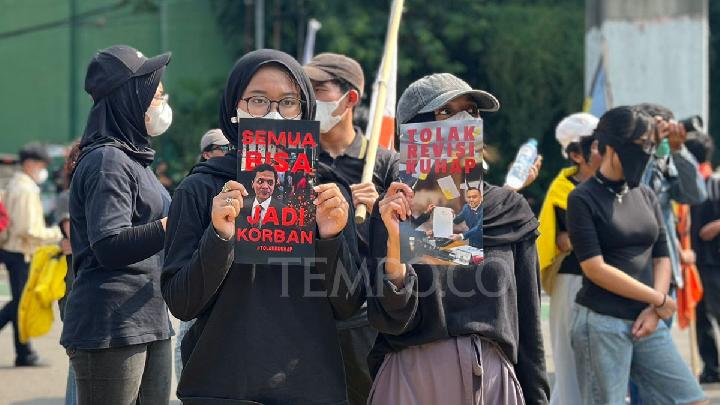
BEM UI said the name is a play on the term "public hearing," or RDPU, which the House of Representatives (DPR) often holds.
Indonesia's DPR Faces Lawsuit Over Lifelong Pension Benefits
10 hari lalu

Two plaintiffs have sued at the court to remove DPR members from lifelong pensions, calling it unfair for taxpayers to fund 5-year service benefits.
Indonesia's DPR Begins Recess Period from October 3 to November 3
11 hari lalu
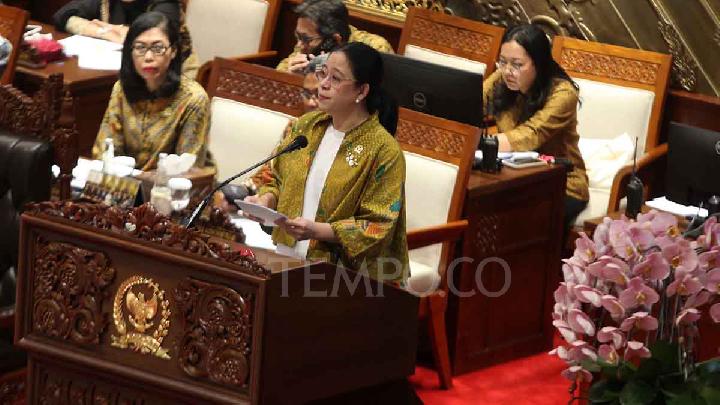
Indonesia's DPR officially entered recess today, allowing lawmakers to work outside parliament and meet constituents in their districts.
Indonesian Parliament to Inspect Fire Sites and Response at IKN
11 hari lalu

The House of Representatives calls for the swift and proper handling of the fire incident at IKN to prevent it from spreading to other buildings.
Prabowo Alleges Major Power Stirring Up Unrest Amid August Protests
14 hari lalu
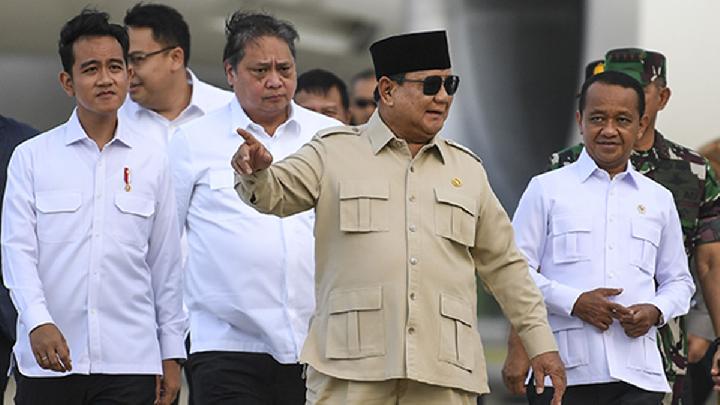
Prabowo later stated that the unrest involved attempts at illegal actions leading to subversion and terrorism.

